FHA INSPECTION AND APPRAISAL GUIDELINES
If you’re engaged in a home sale or purchase involving an FHA loan, being aware of the FHA inspection process is crucial. This comprehensive inspection, paid for by the buyer, goes beyond a typical appraisal.
Understanding the Distinctions: FHA Inspection vs. Appraisal An FHA inspection delves deep into the home’s structural integrity, safety, and adherence to FHA’s minimum property standards. Moreover, it assesses the home’s true market value.
In contrast, a standard non-FHA appraisal primarily confirms that the home’s value matches or exceeds the selling price. While safeguarding the buyer’s interests, its primary objective is to protect the lender.
An FHA-insured loan mandates both inspection and appraisal, ensuring compliance with minimum property standards. Refer to our guide on FHA-approved homes for comprehensive details on meeting these standards.
Cost and Timing of an FHA Inspection Typically ranging from $300 to $600, the cost of an FHA inspection varies based on location and property size. Although there’s no fixed national price, budgeting on the higher end is advisable, and this cost might be included in the loan.
While most closing expenses are settled during closing, inspections, and appraisals are usually paid upfront. Refer to our FHA closing costs article for a comprehensive understanding of payment procedures.
The inspection occurs after conditional approval of the loan, following clearance of initial qualifications like income, assets, and credit. This sequence ensures no unnecessary spending on an inspection without meeting other qualification criteria.
What the Inspection Involves and Checklist Overview The FHA inspection encompasses a comprehensive evaluation to establish the home’s current market value. It involves comparing the property with recently sold similar homes in terms of bedrooms, bathrooms, and other property features influencing its value (e.g., waterfront location).
Furthermore, the FHA inspector rigorously assesses the home’s compliance with FHA guidelines, ensuring it meets minimum standards for approval.
Detailed Inspection Checklist
The FHA inspector thoroughly examines various aspects of the property:
- Conditions in each room regarding electricity, windows, ceilings, walls, floors, security, and lead-based paint presence.
- Bathroom fixtures’ conditions, including toilets, sinks, tubs/showers, ventilation, and functionality.
- Kitchen features like working stoves, refrigerators, other appliances, sinks, storage space, and food preparation areas.
- Exterior inspection covering foundation, stairs, roofs, siding, chimneys, and adherence to local regulations regarding swimming pools.
- Evaluation of heating, cooling, water supply, plumbing, sewer connections, and general safety features like smoke detectors and access for emergency responders.
- Compliance with health and safety standards, including interior air quality, neighborhood conditions, and certification regarding lead-based paint.
- Checking for encroachments or property boundary violations. Safety Concerns Addressed During Inspection Safety holds paramount importance in FHA inspections. Hazards both inside and outside the home, such as environmental risks or proximity to noise sources like airports, significantly influence the home’s FHA loan eligibility.
The inspector ensures each bedroom has suitable exits for fire safety, along with accessible routes for emergency services like police, fire, and ambulance.
Actions After an Unsuccessful Inspection A home doesn’t “fail” inspection, but issues noted by the inspector need resolution before loan closure. Repairs or modifications indicated by the inspector must be completed, potentially by the homeowner before selling to an FHA buyer.
Repairs that can’t be executed before closing may necessitate an escrow account managed by the lender post-closing, excluding borrower labor costs. However, the home should still be habitable despite pending repairs.
Unlike non-FHA loans allowing negotiation for post-closing repairs, FHA loans mandate pre-closing completion of all repairs.
Selling Homes and Preparing for FHA Inspections Sellers anticipating FHA loan buyers should pre-emptively address significant repairs listed in the FHA inspection checklist before listing their homes. This preparation could significantly impact the sale price and attract potential buyers.
Utilizing FHA 203k Rehab Loans For buyers and sellers concerned about repair issues highlighted during FHA inspections, the FHA 203k rehab loan offers a solution. This unique program incorporates repair costs into the loan amount, benefiting both parties.
Real-Life Example: Navigating an FHA Inspection We recently guided a couple purchasing their first home through an FHA loan. Their real estate agent facilitated the inspection process, empowering them with firsthand insights during the evaluation.
The inspection revealed generally good conditions, albeit with minor issues like attic leaks and an aging furnace/water heater. Transparency from the inspection aided the buyers in assessing the home’s condition.
Closing Thoughts FHA inspections and appraisals form pivotal stages in the FHA loan application process, ensuring buyer protection. Sellers should proactively address visible repairs before listing their homes for sale.
If you have any questions, reach out to me anytime. I have direct lenders I deal with who can help you as well.
– Jason
www.jasonsellstn.com




 Facebook
Facebook
 X
X
 Pinterest
Pinterest
 Copy Link
Copy Link






